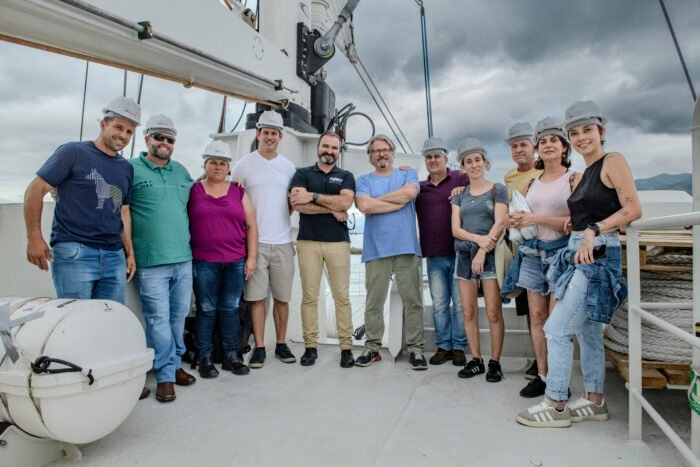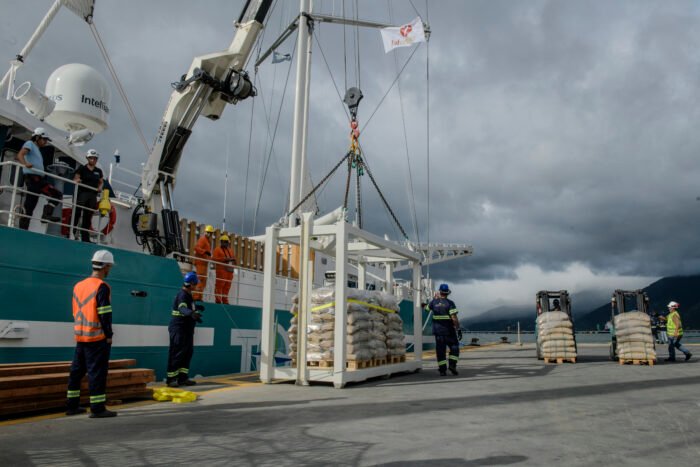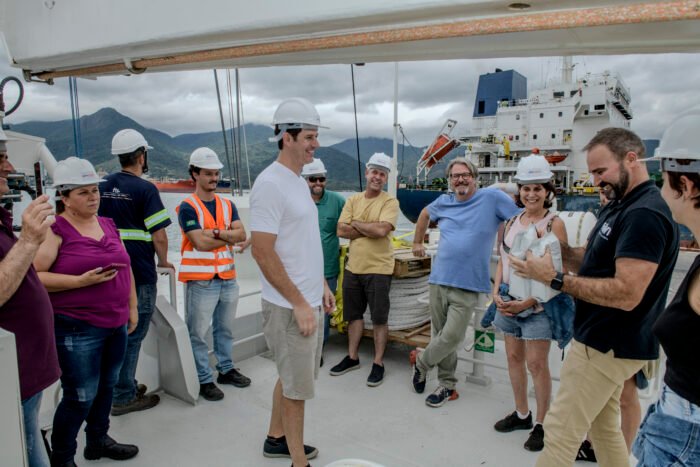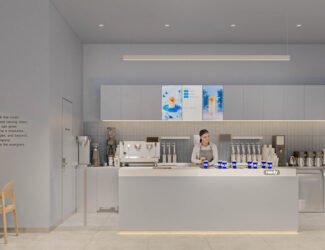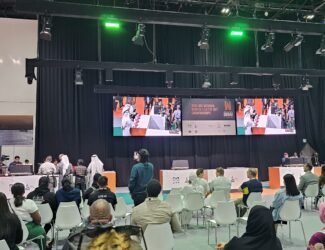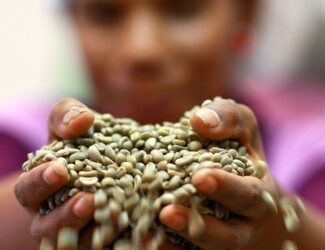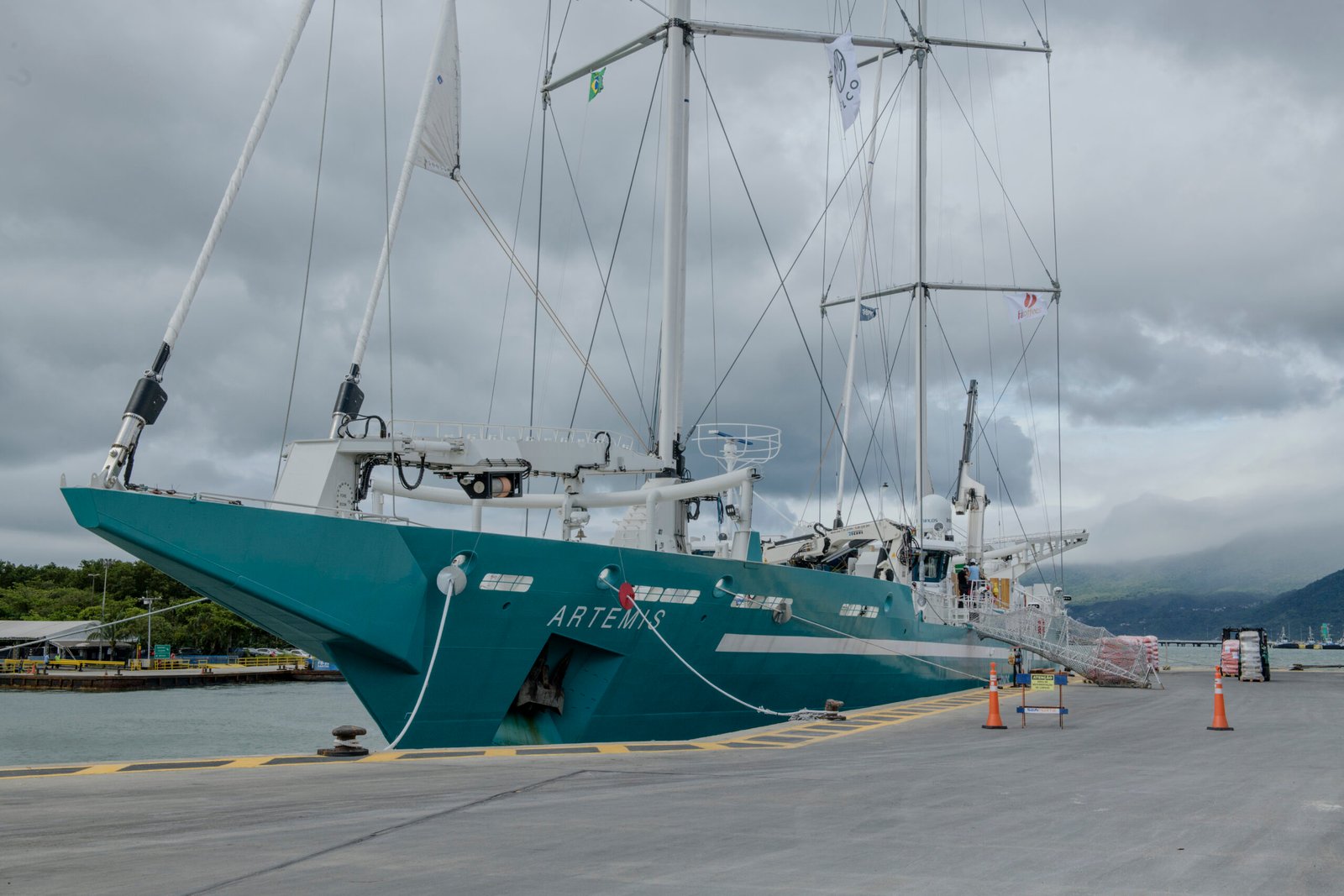
Brazilian Company Launches First Sustainable Coffee Export Journey via Zero-Emission Sailboat Sailboat
Director of FAF Coffees Felipe Croce, a prominent figure in Brazil’s coffee industry as an exporter and farmer at his Fazenda Ambiental Fortaleza, shared exciting news about a groundbreaking initiative in sustainable coffee transportation. The company is partnering with the French organization TOWT to export coffee via a state-of-the-art sailboat designed for zero-emission cargo transport.
A Revolutionary Step in Eco-Friendly Transportation
“This is our first export using a sailboat with practically zero emissions,” Croce stated in an exclusive statement to QahwaWorld website. The sailboat employs cutting-edge French technology, utilizing hydro-generated power from its propellers to generate electricity. Equipped with three motors—fully electric, hybrid, and diesel—it minimizes the use of diesel to only specific situations, such as navigating ports. This innovative design reduces carbon emissions by approximately 95%.
Unlike traditional cargo ships that burn vast amounts of diesel and produce significant noise pollution harmful to marine ecosystems, TOWT’s sailboats offer a quiet and clean alternative. “Noise pollution is a serious problem in the ocean,” Croce emphasized. By 2027, TOWT plans to expand its fleet from the current two sailboats to eight, marking a significant step forward in sustainable logistics.
A Partnership for a Greener Future
This project, led by French coffee importer Belco, has already completed a similar shipment from Colombia. Belco, with offices in Ethiopia, Colombia, Guatemala, and France, is partnering with FAFCoffees to promote sustainability in coffee exports. “We’re always striving to improve our sustainable mission,” said Croce.
This year, approximately 27% of FAFCoffees’ exports will feature reduced carbon emissions. The current voyage, which will depart from São Sebastião Port in Brazil on Monday November 17th, carries 700 tons of coffee, with 400 tons originating from FAFCoffees. The shipment includes contributions from 80 smallholder producers across São Paulo, Minas Gerais, and Espírito Santo. These farms emphasize regenerative farming and agroforestry, aligning with the company’s dedication to sustainable agriculture.
Expanding the Vision
The sailboat, originally constructed in Vietnam, is capable of carrying up to 1,000 tons of cargo and includes items such as electronics and cacao in addition to coffee. Croce revealed that the shipment is destined for 15 roasters, showcasing growing interest among coffee buyers in eco-friendly transportation.
Looking to the future, Croce expressed confidence in the scalability of this sustainable transportation model. “We fully believe this is going to be a mode of transportation that’s only going to grow,” he said, highlighting plans to expand routes to other parts of the world for roasters seeking cleaner shipping options.
This initiative reflects the growing trend among coffee producers and exporters to reduce their environmental impact. By embracing innovative solutions such as sailboat shipping, FAFCoffees is setting a benchmark for sustainability in the global coffee industry.
